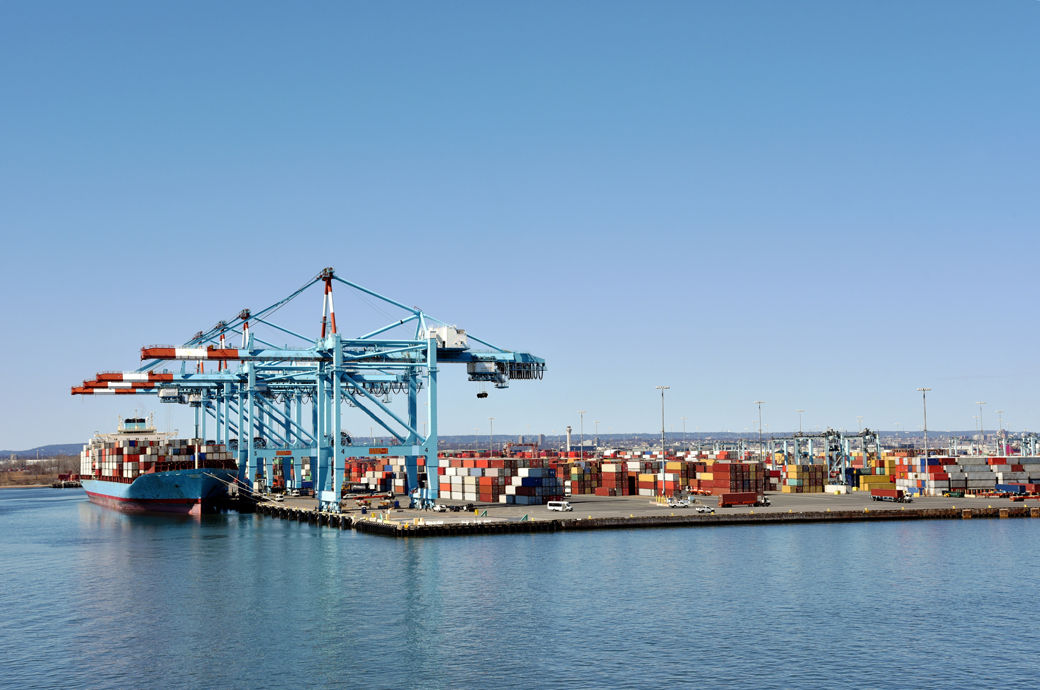
While there are positive signs for the freight market, these results are an indication that any recovery will be slow, according to the US Bank Freight Payment Index, a quarterly publication representing freight shipping and spend volumes on national and regional levels in the United States.
The largest reductions in truck freight volumes were during the second half of 2023 and Q1 2024, with an average drop in shipments of 7.4 per cent quarter-on-quarter (QoQ).
The sequential declines continued in Q3, with the U.S. Bank national shipments index decreasing by 1.9 per cent after a 2.2-per cent drop in Q2. This was a much slower decline than late last year and earlier this year, and the ninth consecutive decrease.
Compared with a year ago, shipments were off 21.2 per cent, one of the largest drops on record. The slowing rate of decrease over the last year suggests that the bottom in the freight market is near.
A bright spot for freight was retail sales during Q3 2024. Excluding auto dealerships, gasoline stations, and restaurant sales, which gets closer to traditional retailers, sales rose by nearly 2.5 per cent QoQ and by more than 4 per cent year on year (YoY).
Regionally, Q3 2024 saw some stark differences in the amount of truck freight. Two regions, the Midwest and West, saw modest gains over second quarter shipment volumes, while the Northeast, Southeast and Southwest witnessed declines from the previous quarter.
As with the national shipments index, most regions saw very large decreases in volumes late last year and early this year, which makes YoY comparisons difficult. However, all regions recorded double-digit YoY drops in shipments in Q3 2024, with the largest (minus 28.6) in the Southwest.
The Northeast and Southeast regions also saw declines of greater than 23 per cent over the same period.
Spending by shippers was universally down compared with a year earlier in all the regions, but compared with Q2 2024, it rose slightly in the Southwest (0.1 per cent), and more significantly (4.4 per cent) in the West.
The interesting regional and national trend was that shipper spend was generally down on a YoY basis on the same or lower number of shipments.
The average price of diesel fuel was off during the same period, which could account for lower spend and suggests that freight rates didn’t erode further during the third quarter.
Many factors can influence spend per shipment, including average length of haul, but based on the U.S. Bank data and anecdotal American Trucking Associations reports, it is likely that freight rates hit bottom in most regions.
Fibre2Fashion News Desk (DS)